Publications
Articles, publications, books, tools and multimedia features from the U.S. Institute of Peace provide the latest news, analysis, research findings, practitioner guides and reports, all related to the conflict zones and issues that are at the center of the Institute’s work to prevent and reduce violent conflict.
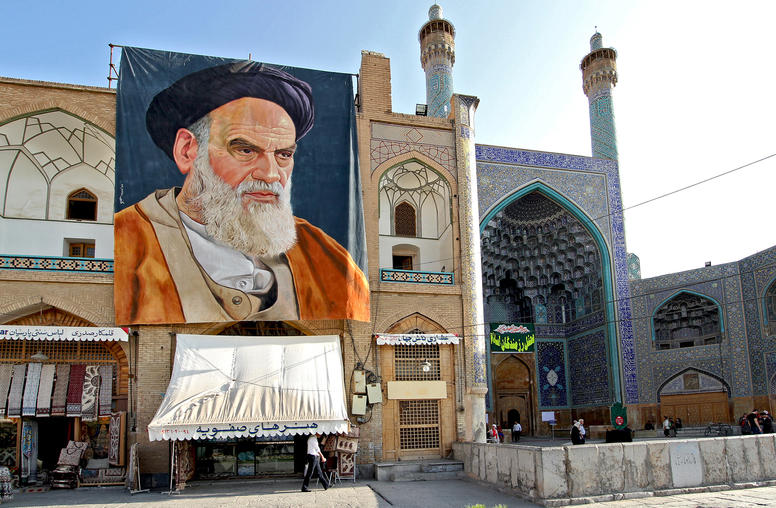
Iran Timeline: Since the 1979 Revolution
Iran, proud and passionate, has been a conundrum since its 1979 revolution. For decades, a confluence of challenges—political and cultural repression, menacing rhetoric, and defiance over its nuclear program—complicated dealing with the Islamic Republic. Iran’s revolution has passed through at least five phases.
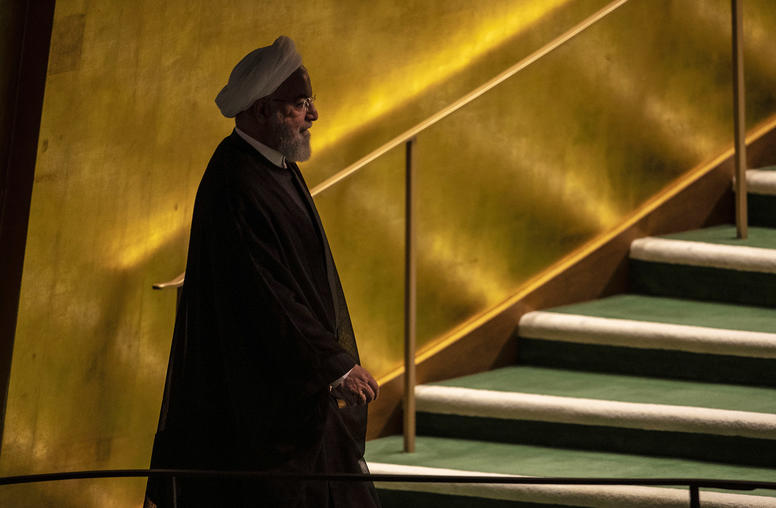
Nuclear Diplomacy with Iran: What’s Ahead for the Biden Administration?
Of all the pressing issues in the volatile Middle East—wars in Syria, Yemen and Libya, unstable Iraq, imploding Lebanon, and the 10,000 ISIS fighters and other al-Qaida franchises still on the loose—the most pressing for President-elect Joe Biden will be Iran’s controversial nuclear program. He has repeatedly promised to rejoin the nuclear deal, brokered by the world’s six major powers in 2015, which Donald Trump pulled out of in 2018.
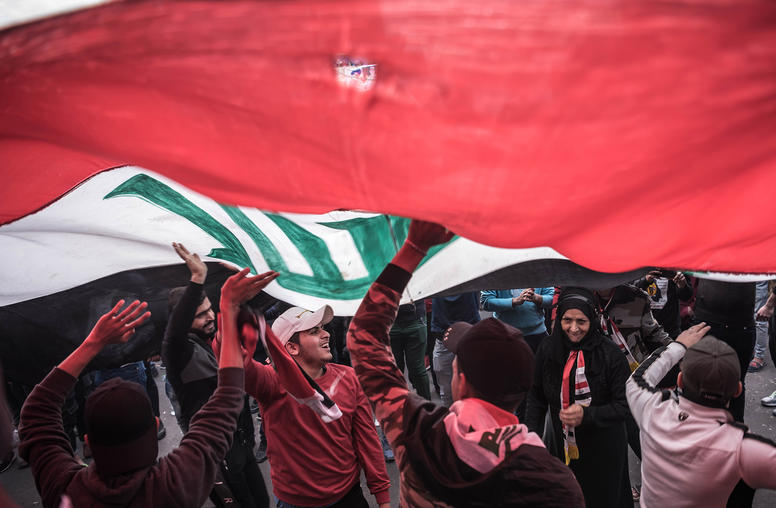
Using Smart Power to Counter Iran in Iraq
Beginning with the early January killing of Iranian military commander Qassem Soleimani, the first months of 2020 have seen a spike in long-simmering tensions between the U.S. and Iran. Those tensions have largely played out within the borders of Iran’s western neighbor, Iraq, just as they have for much of the last 17 years. Still bearing the battle scars from years of war, few in the region want to see an escalation to more overt conflict. And after nearly two decades, the American public has clearly demonstrated its own fatigue with endless wars. The question remains, then, how can the U.S. achieve its objectives in regard to Iran and Iraq without military action?
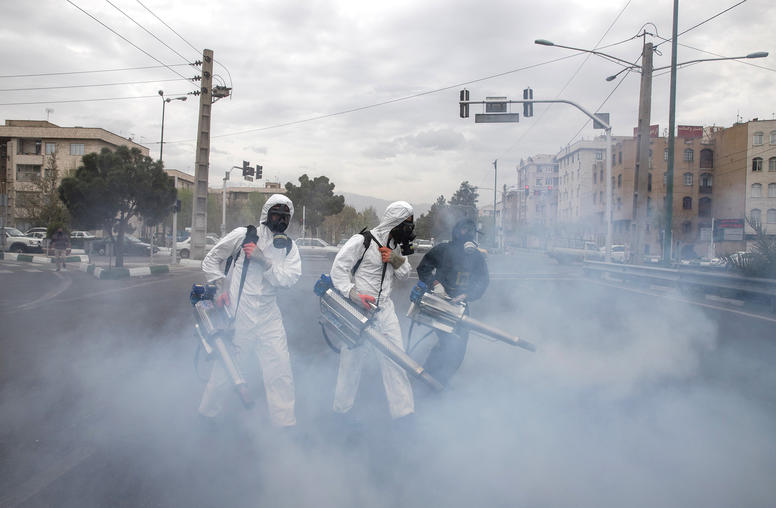
What You Need to Know about Iran’s Coronavirus Crisis
Iran’s outbreak has been the worst in the Middle East by far and there are concerns that the pandemic’s spread is significantly worse than reported by Iranian authorities. The virus hit at a particularly bad time for Iran with the economy already suffering from the impact of U.S. sanctions. USIP’s Garrett Nada discusses the debate over the number of cases, Tehran’s decision to ease containment measures, and whether the coronavirus crisis could open the door to de-escalation with the United States.

Sarhang Hamasaeed on Iran and Iraq Amid Coronavirus Pandemic
As the coronavirus pandemic spreads in both countries, USIP’s Sarhang Hamasaeed examines the obstacles facing Iraq’s newly appointed prime minister, as well as whether addressing the crisis might open the door for de-escalation between the U.S. and Iran, saying, “I do hope that these unfortunate challenges still come with some opportunity.”
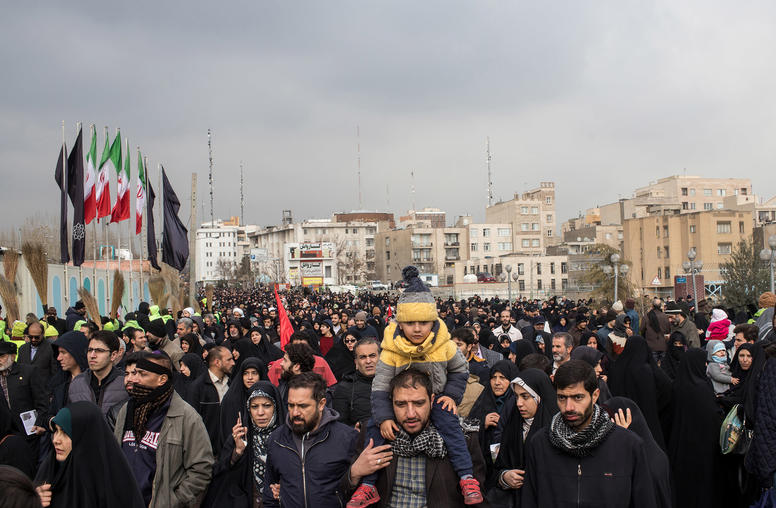
Iran’s Parliamentary Polls: Hardliners on the Rise, Reformists Ruled Out
Iranians head to the polls on February 21 to elect their next parliament. Following the violent suppression of protests in November and the accidental shooting down of a Ukrainian passenger plane in January, many are deeply disillusioned with Iran’s political system. Most reformist candidates have been barred from competing in the election, leaving voters with virtually no alternative to hardliners. The elections come as U.S.-Iran tensions are simmering after the killing of Iranian General Qassem Soleimani and as the country’s economy is foundering. USIP’S Garrett Nada looks at what issues are on the top of voters’ minds and how foreign policy will factor into the vote.
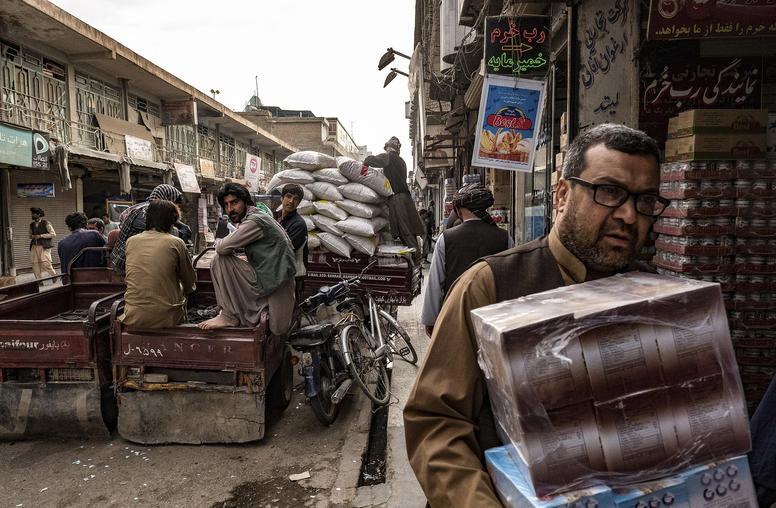
Will Rising U.S.-Iran Tensions Spark Afghan Proxy War?
Rising tensions between the United States and Iran—illustrated and exacerbated by the January 3 assassination of Iranian General Qassem Soleimani—are rippling out beyond the Middle East. Now, American officials are voicing growing concern about Iranian activities in Afghanistan. In recent weeks, Secretary of State Mike Pompeo said that Iran is supporting militant groups in the country and seeking to undermine the peace process between the U.S. and the Taliban. A top U.S. general for the region, meanwhile, warned that Iranian actions in Afghanistan pose a risk to the approximately 14,000 American troops deployed there.
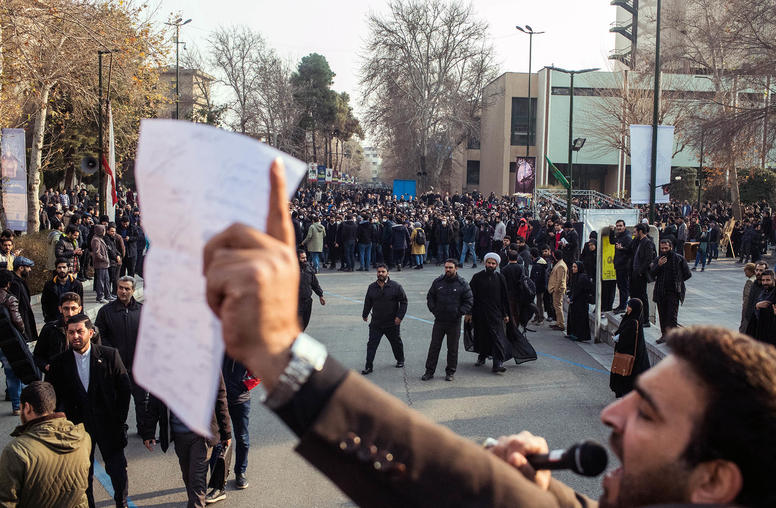
The Latest on Iran’s Evolving Protests
Iran has been rocked by a series of developments in recent months, from the mass protests over raised fuel prices to the killing of powerful Iranian commander Qassem Soleimani. Over the weekend, protesters returned to the streets, spurred by the military’s mistaken downing of a Ukrainian passenger jet. As in past protests, like 2009, the government has met demonstrators with a draconian and violent response. USIP’s Garrett Nada and Maria Stephan explain how the protests have evolved over time and how demonstrators could use nonviolent tactics against the repressive regime.

Nancy Lindborg on the Iran Crisis and its Impact on Iraq and Afghanistan
USIP President and CEO Nancy Lindborg explains how U.S.-Iran tensions could exacerbate state fragility and hamper longstanding peacebuilding efforts in Iraq and Afghanistan, saying, “All of this can be put at risk with the current tensions as both countries really fear becoming collateral damage.”

Sarhang Hamasaeed on U.S.-Iran Tensions
Iran has stated that—barring a U.S. response—the missile attacks on U.S. bases in Iraq will be the only immediate retaliation for the killing of Soleimani. USIP’s Sarhang Hamasaeed says this latest development offers an exit from further escalation, but “this doesn’t mean the broader tensions and the slower, more simmering tensions … will end.”